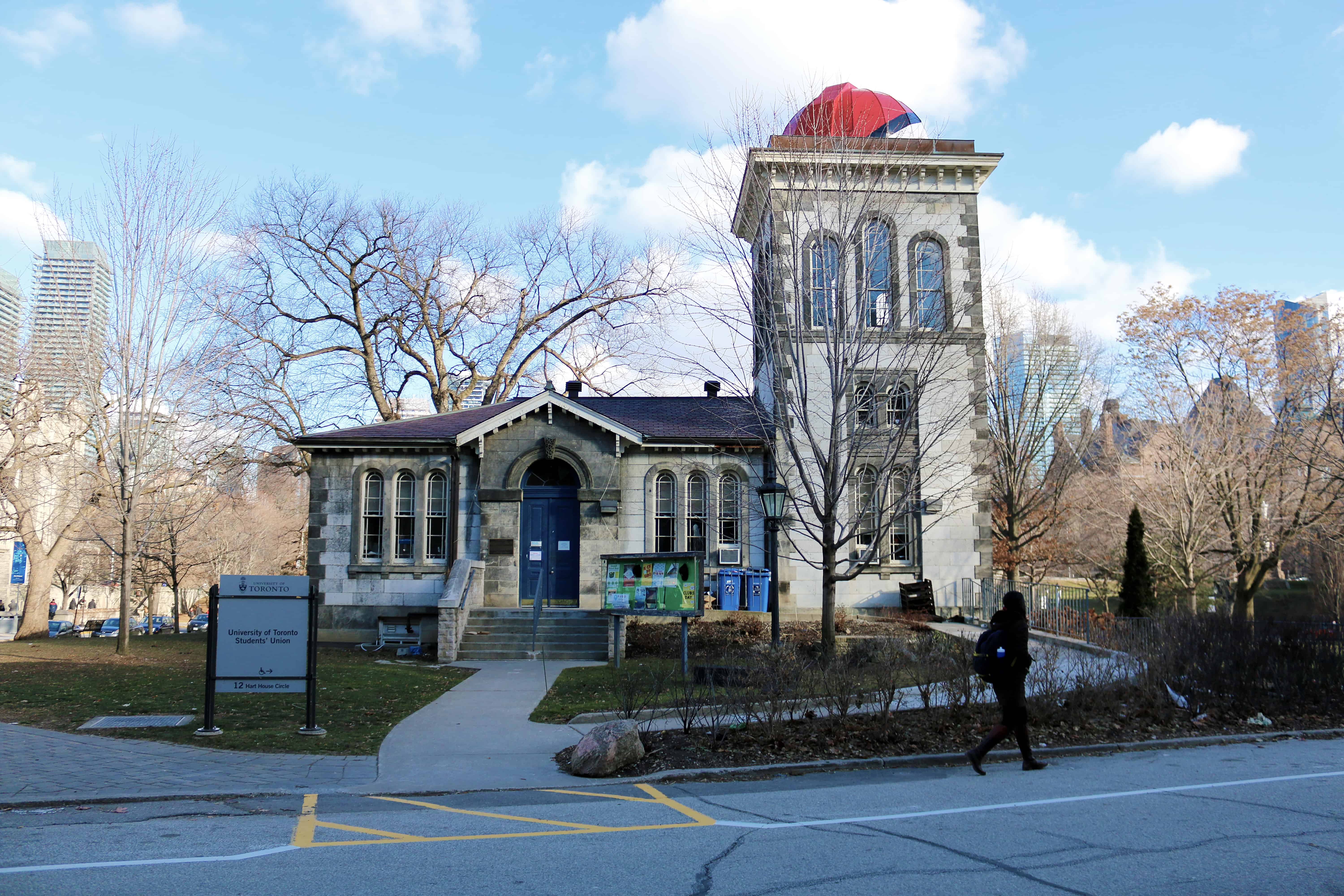On January 3, the University of Toronto Students’ Union (UTSU) filed an amendment to its statement of claim in its case against Sandra Hudson, who served as the union’s Executive Director from 2012–2015, The Varsity has learned.
Allegations of a secret email account and unauthorized access
The amendment alleges that Hudson operated an email account, [email protected], of which the union executives were unaware, and that from September 2012 onward she forwarded all emails from UTSU-operated accounts such as [email protected] — the executive director’s official account — to this address. The UTSU is alleging that the email account was used by Hudson for both work and personal purposes.
Hudson did not respond to The Varsity’s request for comment regarding these allegations.
According to the amended statement of claim, the UTSU alleges that “Hudson’s refusal to turn over her access to her ‘[email protected]’ email account is a breach of her contract and the minutes of settlement she is seeking to uphold.”
UTSU President Jasmine Wong Denike told The Varsity that the union “discovered the secret email account on April 28th, 2016, while investigating an unrelated problem with the internal email server. We terminated the forwarding feature immediately.” The allegations, if true, could mean that Hudson had access to confidential UTSU emails for over a year after her departure from the UTSU on April 16, 2015.
“As far as we can tell, Ms. Hudson had unauthorized access from the time that she left the UTSU until we deactivated the account,” Denike said.
Denike also said, “Notably, the account also forwarded all emails sent to Board of Directors, the Executive Committee, and the Elections and Referenda Committee.” The details of forwarded sent emails, however, are not explicitly articulated in the amendment to the statement of claim.
In the amended statement of claim, the union argues that this information is sufficient to support Hudson’s termination “without contractual or statutory notice or severance payment” and is demanding the “return of all UTSU property, including the emails contained within ‘[email protected].’”
The UTSU has intended to settle the case against Hudson out of court, and these new allegations do not change those intentions. “We remain willing to settle out of court, if an acceptable offer is made, although any offer would need to address the secret email account in order to be acceptable,” Denike said.
Mediation between the UTSU and Hudson
In September 2015, the UTSU commenced legal proceedings against Hudson, former UTSU President Yolen Bollo-Kamara, and Vice President Internal & Services Cameron Wathey. The union has since discontinued its lawsuit against Bollo-Kamara and Wathey.
The UTSU claims that Hudson was improperly issued $126,809.15 from the union in the form of overtime hours, the logging and legitimacy of which is called into question in the case. In addition, the allegations include those of destroying confidential documents.
Hudson’s total compensation from her termination with the UTSU totalled $247,726.40. She filed a Statement of defence and a counterclaim against the union in November 2015, alleging that the disparagement and confidentiality clauses of her termination agreement with the union were breached.
The UTSU and Hudson underwent an eight-hour mediation session on October 6, 2016. The session was mediated by Allan J. Stitt. Stitt is a professional mediator and the President and CEO of ADR Chambers, which describes itself on Stitt’s website biography page as “the largest, private alternative dispute resolution service provider in the world.” Stitt has also been an Adjunct Professor at the U of T Law School.
“Since 2015, the UTSU has always intended to settle the matter out of court. Mediation is a mandatory part of most civil disputes, so both parties attended a full-day, eight-hour session on October 6, 2016,” Denike said of the matter.
Clarifying the terms of any settlement out of court, Denike said, “We should also note that any settlement would require the approval of the Board of Directors.”
No settlement was reached during the mediation session, and Denike said that “everyone who was there signed a standard confidentiality agreement, so we can’t talk about what was discussed.”
Stitt also declined to comment or confirm his involvement in the case, despite the fact that his name is listed in public court documents.
“Mediation is a confidential process and I am not permitted to talk about what has or has not occurred at mediations, nor am I permitted to discuss whether I have mediated particular disputes,” he told The Varsity.


